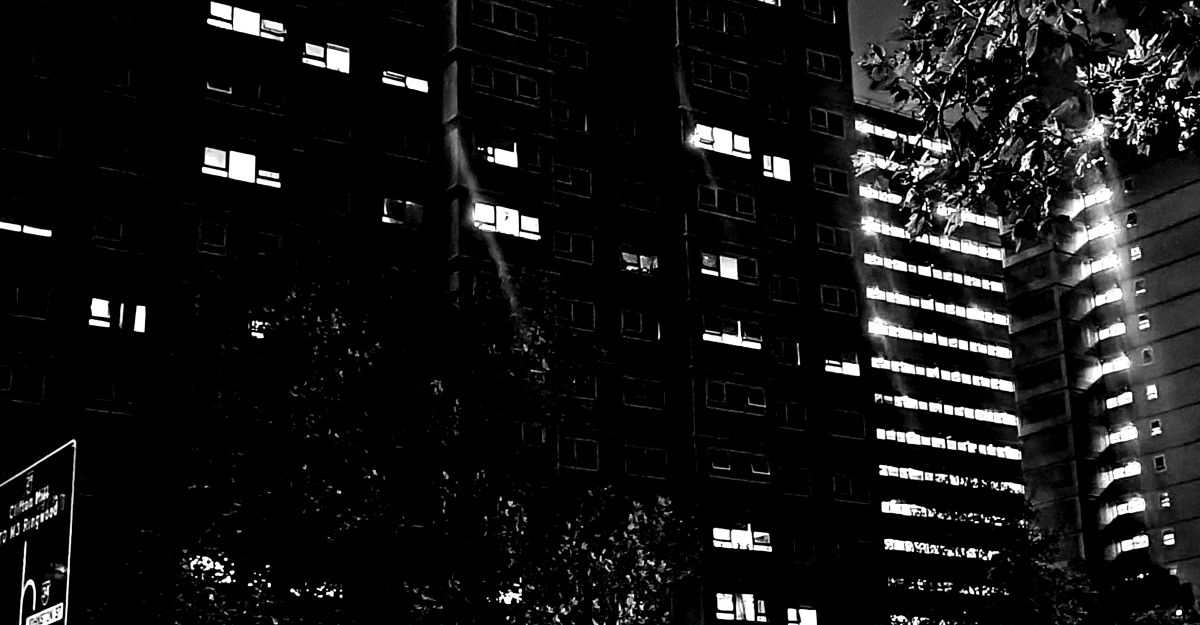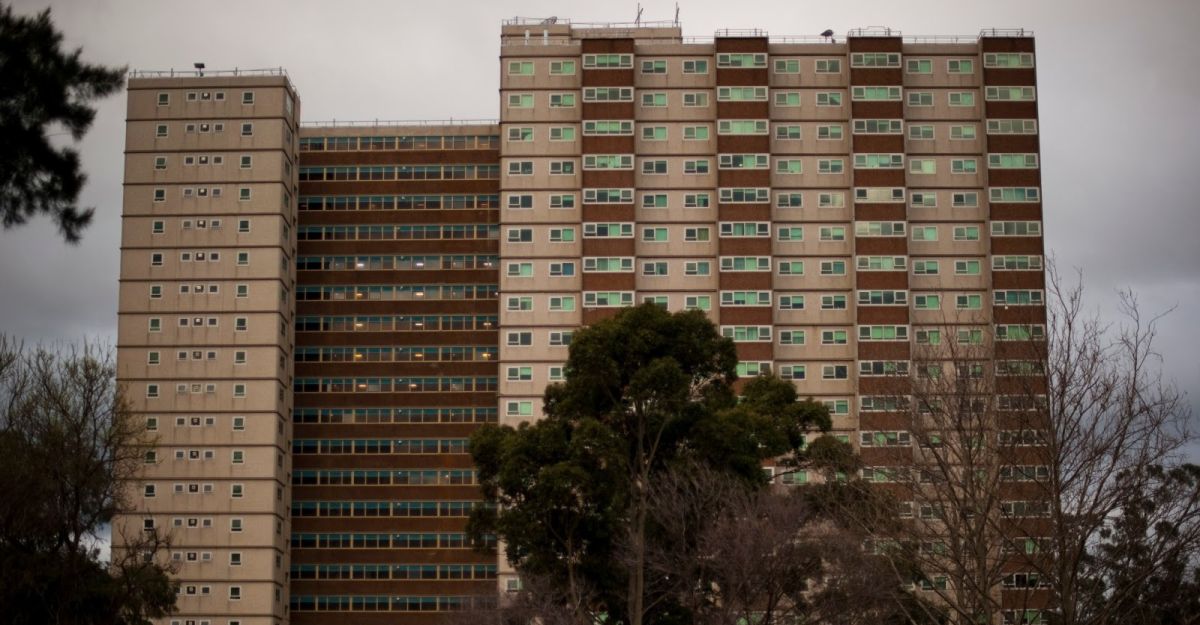Until last Friday, around twenty homeless people had set up camp in Melbourne’s City Square, creating shelter where it elsewhere eluded them, as a public petition for more secure, affordable housing in Australia’s second most populous city. The presence of the camp was also a visceral risposte to claims, which appeared in the mainstream media last week, that homeless people had been behaving unpalatably, including asking passers-by for money in an aggressive fashion.
While the news stories about shambolic and combative behaviour from homeless people appeared recently, it is in fact a riff on a very old and very persistent narrative. This narrative holds that people with the temerity to be unmonied and unhoused in public deserve their lot, and direct requests for assistance are to be met with just enough humanitarian sensibility to suggest compassion, and with just enough threat to suggest that the social order which scaffolds homelessness will not be disrupted.
Take the comments of Lord Mayor Robert Doyle on the City Square camp, as reported by the Age via the ABC. ‘We’re not a hard-hearted city’, he stated. ‘I mean, we understand that these are people who need our help.’ Doyle then said, ‘On the other hand, if they’re aggressive, or if they’re dangerous, then it’s going to be a police matter.’ A major from the Salvation Army added that people living homeless may have moved into the centre of the city as it is safer than the outskirts.
This discursive wedge between performative compassion for the homeless and the threat of punishment for their actions, mediated by the voice of charity, will be familiar to those currently building homes and services in the previously empty buildings on Bendigo Street in Collingwood. Five properties, which have been sitting unused for a year while the city prevaricated on the building of the East West Link, have now been repurposed in the form of a refuge for women leaving violence, two new homes for homeless families, a community centre providing free services including skillsharing and youth support, and an embassy for members of the Kulin nation. The occupations are coordinated by the Homeless Person’s Union of Victoria, who told Overland that ‘properties that have been sitting unused for over one year have, in a period of just over one month, been transformed from bricks and mortar into a community.’
Those who camped out in City Square and those currently occupying Bendigo Street agree with the government that there is a crisis of increased homelessness and unaffordable housing blighting Melbourne at present, where 30,000 people sit on the waitlist for public housing and the homelessness figure stands at 26,000. They diverge, however, on the appropriateness of simply moving into unused properties and adapting them for use by those previously unsheltered. In mid-April, the occupants of Bendigo Street received a letter from the Victorian Government Office of Housing, claiming that they were preventing other people, including women and children escaping domestic violence, from accessing safe housing. Roads Minister Luke Donellan echoed the government position that those occupying Bendigo Street should effectively get in line for services that thousands of other homeless people are also waiting for.
The government’s claims appear to be tied up in their intention to contract the Salvation Army to manage tenancy of the properties. Without a doubt, the self-managed and fruitful actions of the current occupiers on Bendigo Street fly in the face of the government’s purported plans for the previously unused housing stock. However, it is all too convenient to strike a distinction between ‘worthy’ and ‘unworthy’ recipients of public resources like shelter from domestic violence and other forms of housing, particularly when there has been such a lag on the part of the authorities in terms of distributing and administering these resources.
Call it nuisance, trespass, squatting, repurposing, protesting, or homemaking; actions like the Bendigo Street occupations and the City Square camp speak back to this demarcation of worthiness, shaming the state and other arbiters of public resources. In so doing they can carve out more space for us to solve our own problems. As a tactic, autonomously generated occupation of contested space has founded many new ways of living together and supporting each other in cities across the world: from Australia’s first women’s refuge, Elsie, to the squatted community centres and housing cooperatives of Berlin and Copenhagen.
Of course, as the Office of Housing and the Salvation Army will argue, making public policy on a matter like housing, that has wide-scale, meaningful benefit, is complex; it does tend to require discernment between who, how and where the resources are to be allocated. By that logic, it may seem simplistic to walk onto the public square, homeless and poor, and demand your welfare be addressed, as those in City Square did. It may seem similarly one-dimensional to draw a parallel between numbers of people without shelter and the numbers of vacant homes, as those on Bendigo Street do. However, such demonstrations surely highlight that we are far from solving the problem of homelessness, and that state partnerships with welfare organisations have so far failed to deliver the fair distribution of property that may yet be the solution.
–
If you liked this article, please subscribe or donate.
Image: Adrian Fallace/Flickr






